50 Top Design & Development Tools

 In the early days of my career as an Internet professional, rarely did my discussions about online success venture into the virtual waters of Web design.
In the early days of my career as an Internet professional, rarely did my discussions about online success venture into the virtual waters of Web design.
But as the industry has placed increasingly higher values on user experience and the relationships between design and conversion, the visual development of webpages has taken its rightful place on center stage in the digital business world. At least it has for me.
Once the dominion of but a handful of the most artistic and technical among all Web workers, design has evolved significantly over the past few years. And so have the tools, platforms and frameworks that are used to produce aesthetically pleasing websites with which our users interact. Few designers code their websites in something as barren as a text editor anymore. Instead, highly customized tools, very robust platforms and powerful frameworks are filling the necessary roles of solutions used to develop not just Web properties, but applications; the entire digital presence, so to speak.
When you have an audience as diverse as that of Website Magazine, assembling a list of just 50 tools to aid in the design process can often seem to be a Sisyphean task. There are those just getting started that opt for ease of use from tools provided by their hosting provider; a good example being the 1and1 product MyWebsite, which is No. 17 on our list.
Many others will use one of myriad available platforms that require little in the way of design experience but yield stunning finished products, including Wix (No. 6), Yola (No. 12) or Webnode (No. 13). More experienced designers, however, wouldn't dream of using anything but Adobe's market-leading products - including Dreamweaver, Photoshop and InDesign (not to mention the video tools that Adobe provides).
And, wouldn't you know, it gets even more complex. The roles played by content management systems such as Word- Press (No. 2) and Joomla (No. 14) have dramatically changed our perceptions of the overall impact that design has on one's success on the Web.
Of course, it does not stop there. Entirely new definitions of design and development are emerging. The role that applications (Web and mobile) now play in the digital realm is vital, and frameworks have emerged that enable designers to take their existing coding language familiarity to entirely new heights.
There are many of the same requirements, and you will still need those wireframing tools and should not cast aside any video-editing tools or visual design products that have been staples in the design world for many years.
The definition of design and the role that it plays for you personally is greatly dependent on the type of enterprise you have and want to have in the future. Design is one element of success over which you have a great deal of control, so let these tools, platforms and frameworks support your objectives for 'Net success.
1. Adobe.com
2. Wordpress.com
3. intuit.com
4. Microsoft.com
5. Weebly.com
6. Wix.com
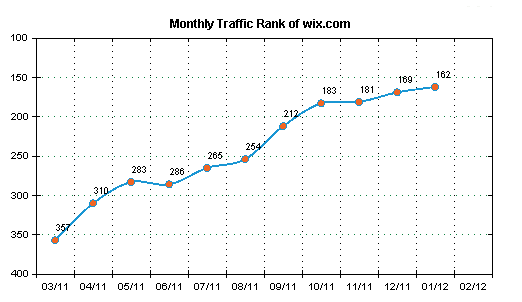
7. Squarespace.com
8. Ucoz.com
9. Jimdo.com
10. Webstarts.com
11. Moonfruit.com
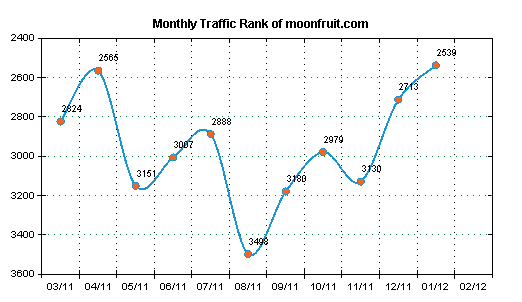
12. Yola.com
13. Webnode.com
14. Joomla.org
15. Appcelerator.com
16. Drupal.org
17. 1and1.com
18. Blinkweb.com
19. Coffeecup.com
20. Jigsy.com
21. Snappages.com
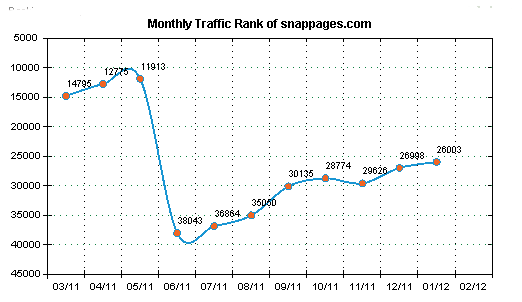
22. Doodlekit.com
23. Zend.com
24. Xsitepro.com
25. Kompozer.net
26. Htmlkit.com
27. Bravenet.com
28. Webeden.net
29. Swishzone.com
30. Evrsoft.com
31. Djangoproject.com
32. Sencha.com
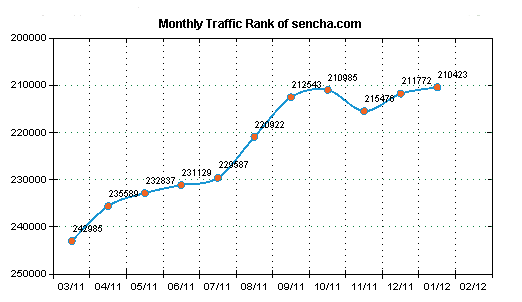
33. Netobjects.com
34. Trendyflash.com
35. Codeigniter.com
36. Cabanova.com
37. Expressionengine.com
38. Webstudio.com
39. Aptana.com
40. Sitecube.com
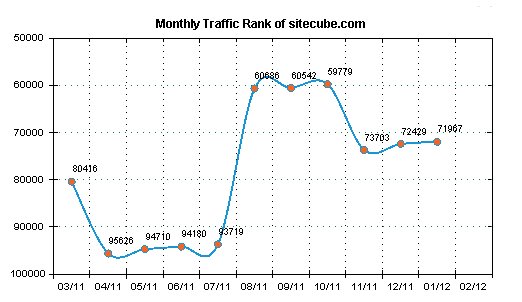
41. Sitekreator.com
42. Site2You.com
43. RhoMobile.com
44. Buildyoursite.com
45. 350.com
46. Roxer.com
47. Cubender.com
48. Dojotoolkit.org
49. Ezgenerator.com
50. Ibuilt.net

Subscribe to Our Newsletter!
Latest in Web Design








